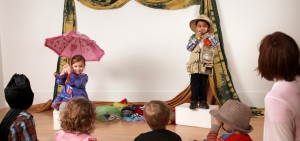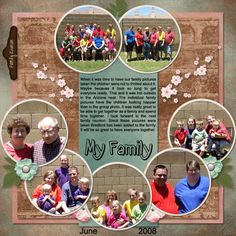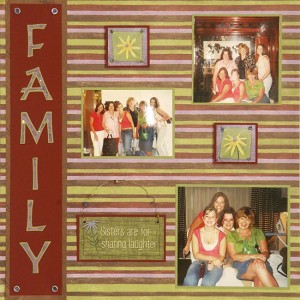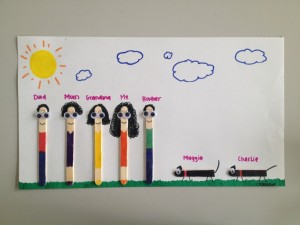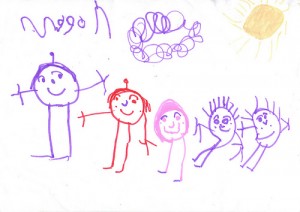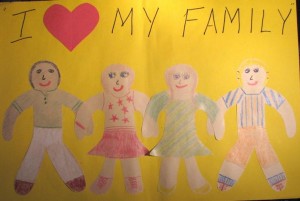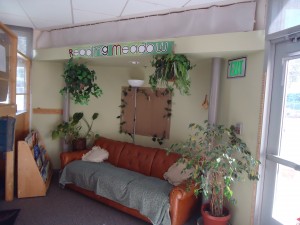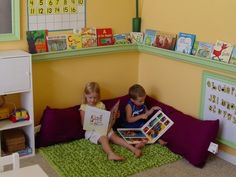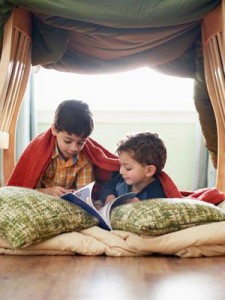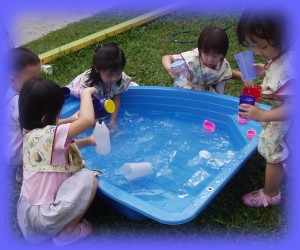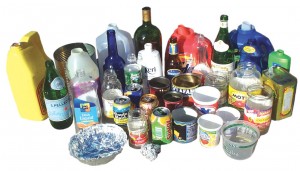Theater addresses the skills which benefit children’s education and development in five general areas: physical development/kinesthetic skills, artistic development /drama and theater skills, mental development/thinking skills, personal development/intra-personal skills, and social development/interpersonal skills.”
Theater is not just for the outgoing. There are many ways for children to participate even if they’re afraid of the spotlight.
♦Self-Confidence:
Taking risks in class and performing for an audience teach students to trust their
ideas and abilities. The confidence gained in drama applies to school, career, and life.
♦Imagination:
Making creative choices, thinking of new ideas, and interpreting familiar material in
new ways are essential to drama. Einstein said, “Imagination is more important than knowledge.”
♦Empathy:
Acting roles from different situations, time periods, and cultures promotes compassion and tolerance for others’ feelings and viewpoints.
♦Cooperation/Collaboration:Theater combines the creative ideas and abilities of its participants.This cooperative process includes discussing, negotiating, rehearsing, and performing.
♦Concentration:
Playing, practicing, and performing develop a sustained focus of mind, body, and
voice, which also helps in other school subjects and life.
♦Communication Skills:
Drama enhances verbal and nonverbal expression of ideas. It improves voice projection, articulation of words, fluency with language, and persuasive speech. Listening and
observation skills develop by playing drama games, being an audience, rehearsing, and performing
For more information and articles about benefits theater drama in preschool,please visit these websites
What Drama Education Can Teach Your Child By Kimberly Haynes
http://www.education.com/magazine/article/What_Drama_Education_Can_Teach/
Preschool drama class builds confidence
By Elaine Bowers

